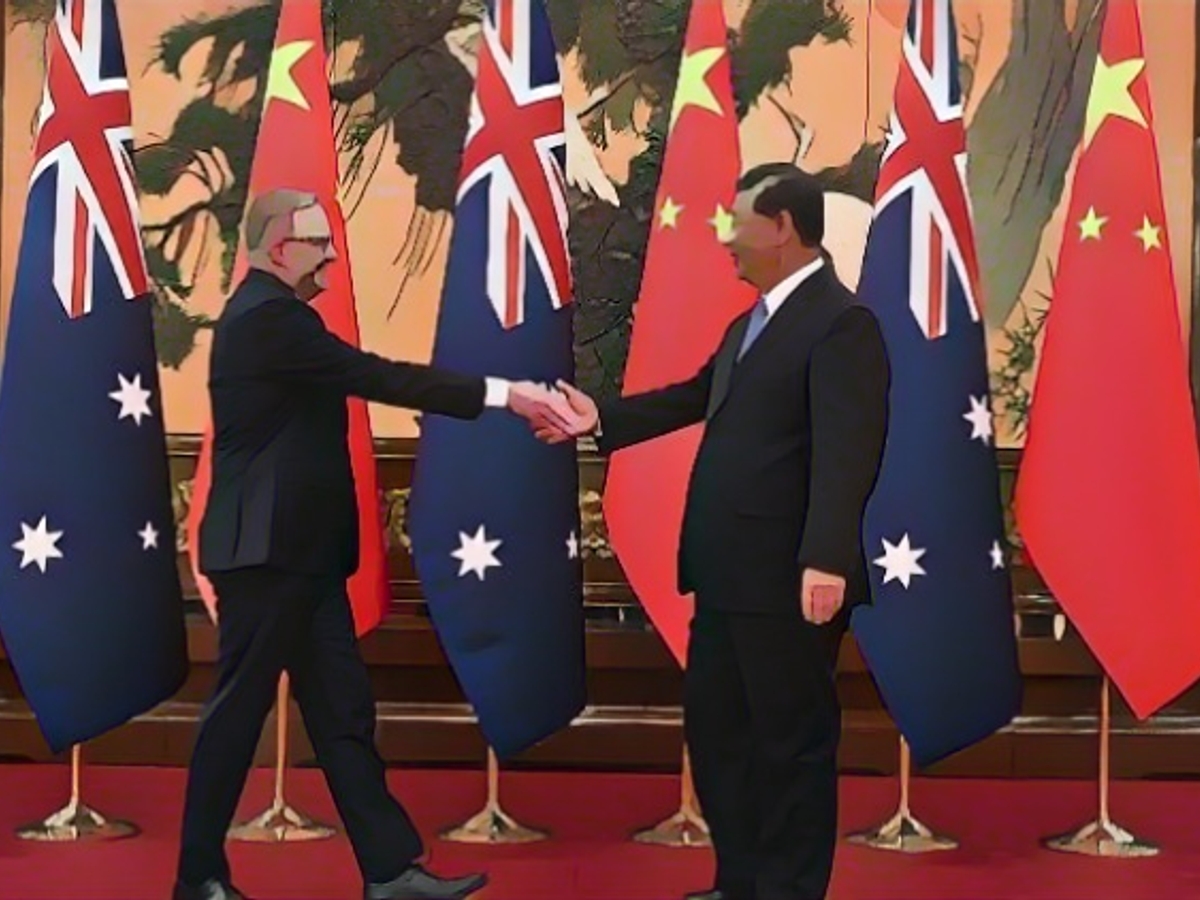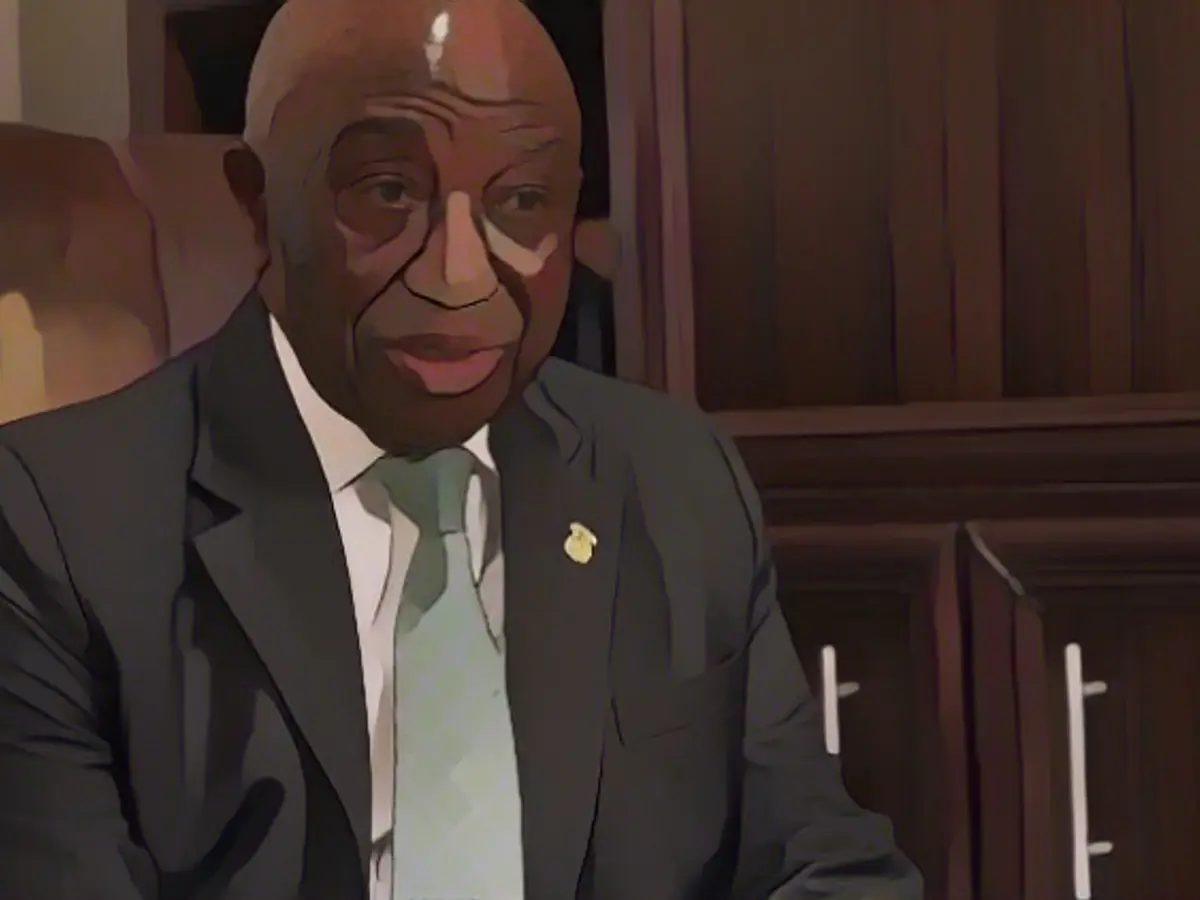Australia's New Prime Minister Engages with China's Leadership, Signaling a Thaw
Following a series of promising signals, Australia's freshly-appointed Prime Minister, Albanese, met with China's head of state, Xi. Echoing optimistic sentiments, Albanese pointed to recent advancements in trade relations, such as the removal of certain barriers.
Casting back three years, relations between the two nations had hit rock bottom. Beijing's ire was ignited by Australia's decision to exclude Chinese telecom giant Huawei from 5G contracts and its call for an independent inquiry into the origins of the coronavirus pandemic. Consequently, China retaliated by imposing restrictive tariffs on essential Australian exports.
However, once the new Albanese-led Labor government took office last year, China lifted these tariffs on Australian commodities, signaling a potential turnaround in their relationship. China is a pivotal trading partner for Australia, buying around 40% of Australia's exports, primarily in the form of iron ore and other minerals.
Following a period of frostiness between Australia and China, Prime Minister Albanese's meeting with Xi presented an opportunity for rekindling connections. Three years earlier, Xi had reportedly taken umbrage at Australia's actions towards Huawei and its demands for an investigation into the coronavirus pandemic.
Explanatory Factors
Several elements have led to this thaw in relations:
- Shift in Australian Government:
- The abrupt change of government from the Coalition to the Labor-led administration introduced a more conciliatory approach. This re-established dialogue and fostered a less adversarial climate between the two nations.
- Chinese Interest:
- China's own interests played a significant role in this improvement. Lifting trade barriers worth $20 billion boosted Australian exports to China, helping to secure a stable, beneficial trade relationship.
- Resumption of Dialogue:
- Renewed communication and cooperation between the two nations proved instrumental. Exchanges between ministers enabled the tackling of persistent issues, like allegations of foreign interference and cyber-attacks.
- Strategic Interdependence:
- The high level of economic interdependence between Australia and China has been a powerful incentive for both parties to maintain a harmonious relationship. This dependence on trade has fueled a desire for a stable and profitable commercial partnership.
- Chinese Domestic Policies:
- China's domestic policies have also influenced the perception of bilateral relations. Strategies like the dual circulation strategy, which fosters domestic demand and manufacturing growth, have bolstered industries critical to Australian exports.
- Mutual Benefits:
- The potential benefits of mutual trade, such as economic prosperity and employment generation, have served as a rallying point for both nations. Initiatives like the Regional Comprehensive Economic Partnership (RCEP) and proposals for a green free-trade agreement aim to reduce tariffs and decrease trade barriers.
These factors have collectively contributed to enhanced trade relations between Australia and China, despite enduring concerns about security and structural stresses.








